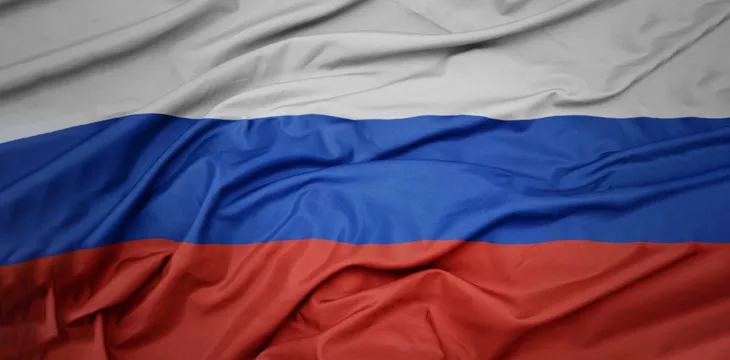|
Getting your Trinity Audio player ready...
|
Russia’s probe into digital assets has taken a new turn following the revelation of the head of the central bank that it plans to float new entities to mine the asset class for international payments.
Bank of Russia Governor Elvira Nabiullina told members of the State Duma that the banking regulator had approved a pilot for mined digital assets to be used in settling international transactions. Nabiullina remarked that the pilot would not in any way negate the country’s stance on digital currencies for use within its borders, saying it will comply with existing regulations.
“We adhere to the same position that within the country, cryptocurrency […] should not be used, and for external settlements, we assume that this is possible in the form of an experiment. This bill is also being prepared in the form of an experimental legal regime,” Nabiullina said.
Under the experiment, the Russian central bank will allow institutions to engage in the mining of digital assets like BTC, but the scope of operations for the new entities remains unclear. However, Nabiullina told the legislative house that deliberations are underway to define the scope and interactions with banking entities and representatives involved in foreign trade.
“As part of the experimental legal regime, an analysis will be made of what kind of organizations these can be,” Aleksey Guznov, Deputy Chairman of the Bank of Russia, said. “It is not ruled out that there may be private companies in the future.”
Since the invasion of Ukraine in early 2022, Western powers have slammed a barrage of economic sanctions on Russia, leading to the exit of global payment institutions from the country. Perhaps, the hardest of the sanctions was the ban of Russian banking institutions from the SWIFT platform, which triggered panic amongst key stakeholders.
The flurry of sanctions led Deputy Minister of Finance Alexei Moiseev to announce that both the central bank and the Finance Ministry were exploring the possibilities of relying on digital currencies for cross-border settlements. So far, plans for a Russian ruble with cross-border payments have reached a heightened crescendo, with a potential launch date set for 2023.
Threatening the dollar’s dominance
Russia’s reliance on digital currencies proves that countries see the asset class as “a fundamental change in the way individuals and organizations exchange value.”
As more countries rely on digital currencies, CEO of the Global Digital Asset and Cryptocurrency Association, Gabriella Kusz, remarked that it could threaten the U.S. dollar’s dominance in global finance. Already, BRICS countries made up of Brazil, Russia, India, China, and South Africa are exploring the option for a new currency to carry out trade outside of the dollar.
“While investors are increasingly distrustful of the Fed, neither investors nor the BRICS themselves will necessarily trust the Russia-led governing body of such a currency not to devalue itself,” Mark Lurie, CEO of DLT-based firm Shipyard, said.
Watch: Kurt Wuckert Jr. thinks of Bitcoin mining as financial self-discipline

 07-13-2025
07-13-2025 





